The alarm clock tramples through your dream. You startle awake in a haze, brushing your hand around the nightstand to silence the screeching alarm. Rubbing the sleep out of your eyes, you collapse back down into the pillow into its soft, inviting warmth.
What do you have to be awake for anyways? Classes have been out for weeks, you’ve pushed all of your part-time work into the afternoon. Why not take a chance to sleep in?
Or maybe you often find yourself on the opposite side of the coin, sharing the TV screen with a friend so late into the night it becomes morning. Taking on the graveyard shifts to put a little more cash in your pocket before the chaos of a 16-credit course load.
If you’re one of the lucky jet-setters, clocking day-long flights across continents and oceans, the question of sleep eventually becomes a headache. You can never seem to wrangle down more than an hour before a nudge of turbulence disturbs your unconsciousness. Worse yet, the drowsiness seems to catch up with you right when you touch down.
Sleep is never an easy task for a student, especially when they’re not in school.
“During the school year, I’m up at the same time every morning because my classes kind of force me to,” said Ethan Loy, an Oregon State University student. “But in the summer, it’s kind of just whenever I wake up.”
It’s no secret that sleep is one of the most important components of not only physical health, but mental health as well. In the last ten years, it’s been put in the spotlight and much research has surfaced that demonstrates just how vital it is.
“A poor sleep schedule can predict a lot of physical problems; like anxiety, immune function,” John Raymond Sy, a graduate student in the OSU SHAID Lab said.
He also acknowledges that, given this wealth of accessible information, it’s just unrealistic to follow sometimes.
“This is an exploratory period, the college-age, and you don’t want to give that up — so we have to find a balance,” Sy said. “Can it be done? Absolutely.”
First and foremost, a consistent sleep schedule is vital according to Sy.
We can blame this on the well-known circadian rhythm, our roughly 24-hour sleep cycle (the time period depends on the person).
If you consistently go to sleep around 11 p.m. and wake around 7 a.m., you’ll find your body will naturally begin to feel groggy around 11 p.m. and wake you naturally a few minutes before you 7 a.m. alarm. (In fact, the need for an alarm can be a marker of poor sleep).
But let’s say you go to sleep at a different time every night, although always make sure you get eight hours of sleep– that’s fine, right? You still got the eight hours your doctor told you to, so why do you still feel groggy throughout the day?
Going to bed and waking up at drastically different times every day can confuse your circadian rhythm and disrupt the schedule of chemicals that control when you feel sleepy or awake.
The SHAID Lab has specialized in research on this and has found “that shift workers out of sync with their circadian rhythm have a higher rate of disease,” Sy said.
The key to preventing an onslaught of consequences sounds almost too simple: “expose yourself to a lot of light during the day,” Sy said. “If you’re indoors a lot of the day, avoid bright light at night.”
Your circadian rhythm is heavily influenced by light levels, therefore waking up and tossing open the blinds isn’t such a bad idea. Even a morning walk, or a bit of exercise outside can make a world of difference for triggering light-specific pathways in the circadian rhythm.
“Waking up on time, exercising mentally or physically, helps me get a better night’s sleep,” said Vaishnavi Chandu, another OSU student.
It’s important to maintain a consistent bedtime and wake time according to Sy, but in a pinch, waking up at the same time is the most important. Even if you went to sleep in the witching hours, waking up early and exposing yourself to some bright light will reset the circadian rhythm and help your body recalibrate.
Another sleep process, known as the “sleep drive” (or, as Sy calls it: “sleep hunger”) has a lot to do with this.
The longer you go without sleep, the hungrier you get for it. So if you’ve stayed up late and still wake up early, by the time you reach your normal bed time, it will be easier to fall asleep. Naps are good if you find yourself groggy throughout the day, as long as they are done mindfully.
“10-20 minutes is the max time for naps– like a little snack to tide you over,” Sy said. “Or a full 90 minutes, the average time for a full REM cycle.”
The beauty of summer is the freedom it warrants. That freedom doesn’t stop at staying up late or sleeping in, though. Without the pressure of classes, homework, or studying, summer can also be a time to engage in higher substance use. For most university-aged students, those tend to be alcohol and cannabis.
“Alcohol has depressive effects,” Sy said. “Which means it will shorten the time it takes to fall asleep. But it is associated with more sleep fragmentation.”
Sy says that even if you aren’t drinking a lot, falling asleep with alcohol still being metabolized can lead to nightmares and more disturbances throughout the night.
It’s best to avoid alcohol right before bed; try to drink earlier in the day, so they don’t interfere with sleep — it stays in your system longer than you may think, according to Sy. As always, drinking in moderation is a good rule of thumb.
Cannabis is a little more complicated because THC and CBD do opposite things.
“THC has a hypnotic effect, and will also shorten the amount of time it takes to fall asleep, but high doses are stimulating, the opposite is true for CBD,” Sy said.
Sy acknowledged that this makes it more difficult to conduct research on. Especially since these levels vary on the strain, way it is consumed, and purity of the substance.
Overall, Sy once again recommends to avoid cannabis right before bed, and to ingest it in moderation. This can help clear it out of your system faster, so you can sleep without disruption.
Melatonin is a third substance that has been in the spotlight recently, especially for those with long-haul flights to summer vacations. Just pop a gummy after you’ve boarded your flight and the sleepiness will roll over you in minutes, right?
“Melatonin is very misunderstood,” Sy said.
According to Sy, high doses can make you feel drowsy but it is recommended to only have about 0.3-0.5 mg of melatonin two hours before bed (most off-the-shelf gummies are 5 mg).
Melatonin is triggered when the body senses low light levels and not necessarily when it’s time to go to bed. They’re useful for helping to set up a consistent sleep schedule, which is best in the long run, but not for knocking yourself out quickly.
For a flight, taking the recommended dosage two hours before you want to sleep will help set you up to doze off peacefully and wake up in your expected time zone.
No matter what, the important thing to remember is not to stress. A few nights of bad sleep don’t cast a curse upon the rest of August.

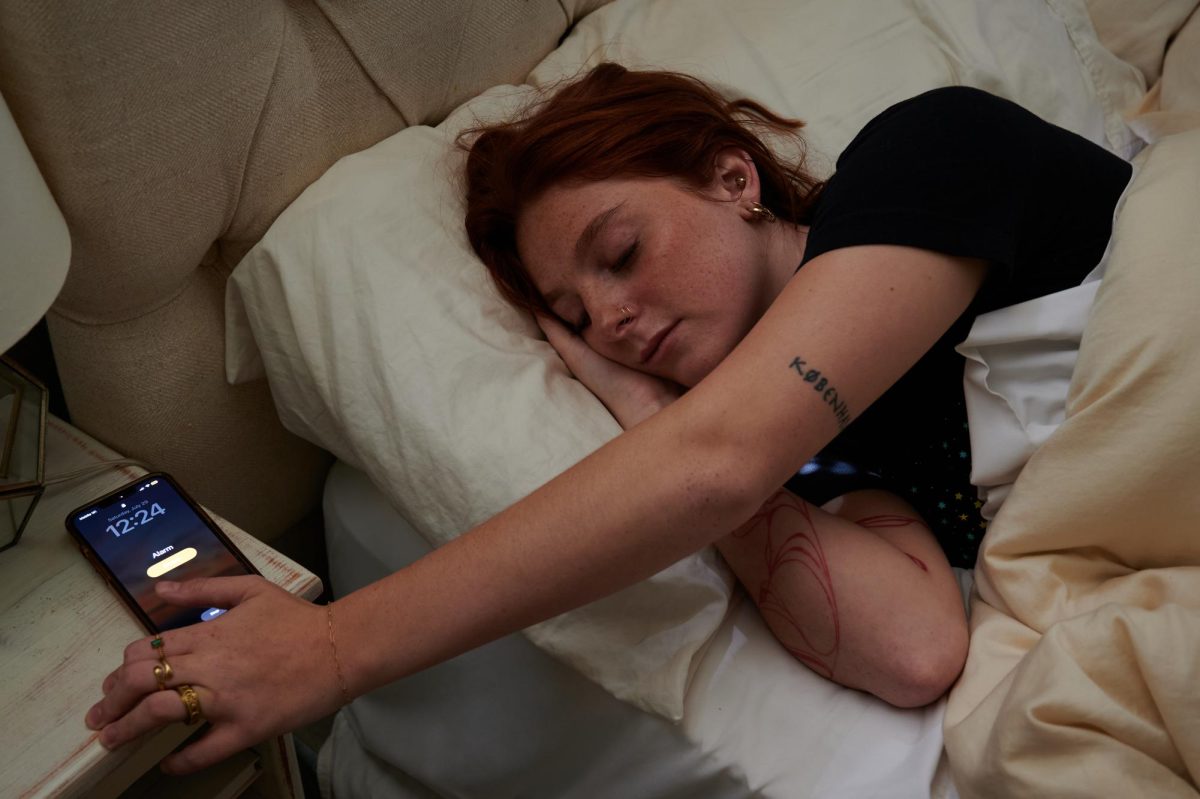


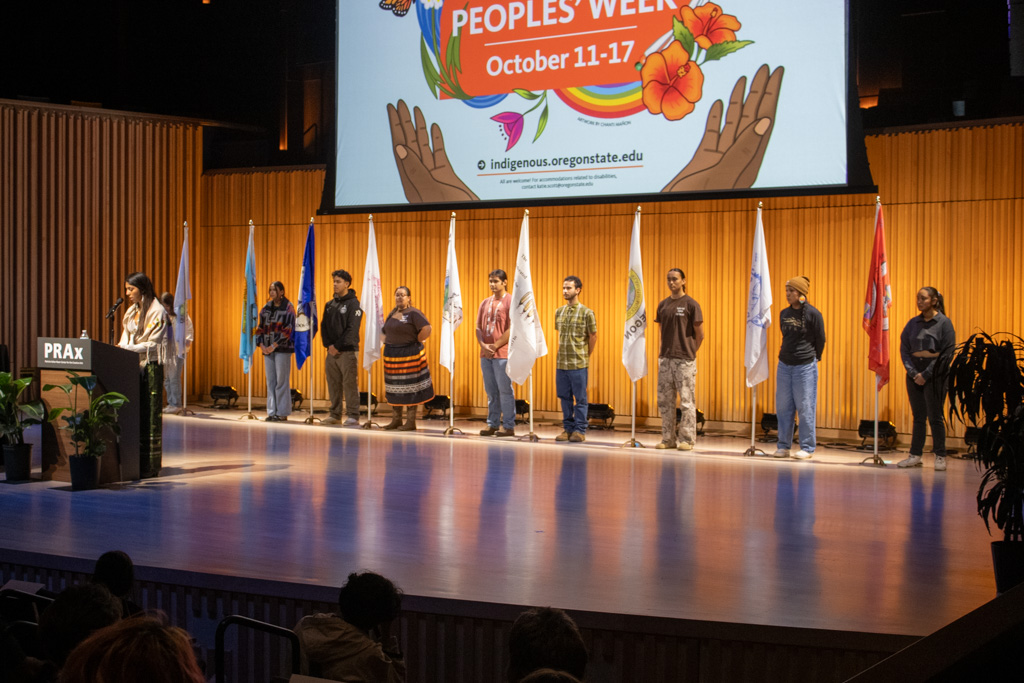

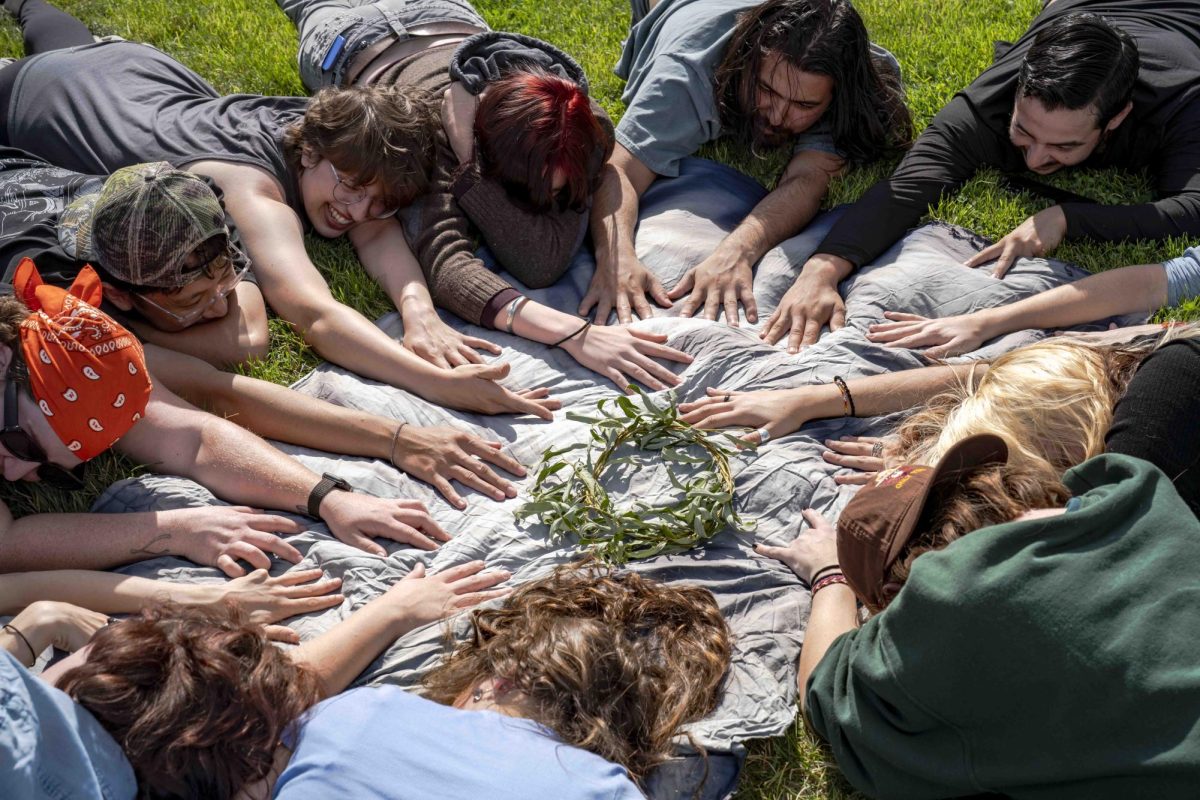
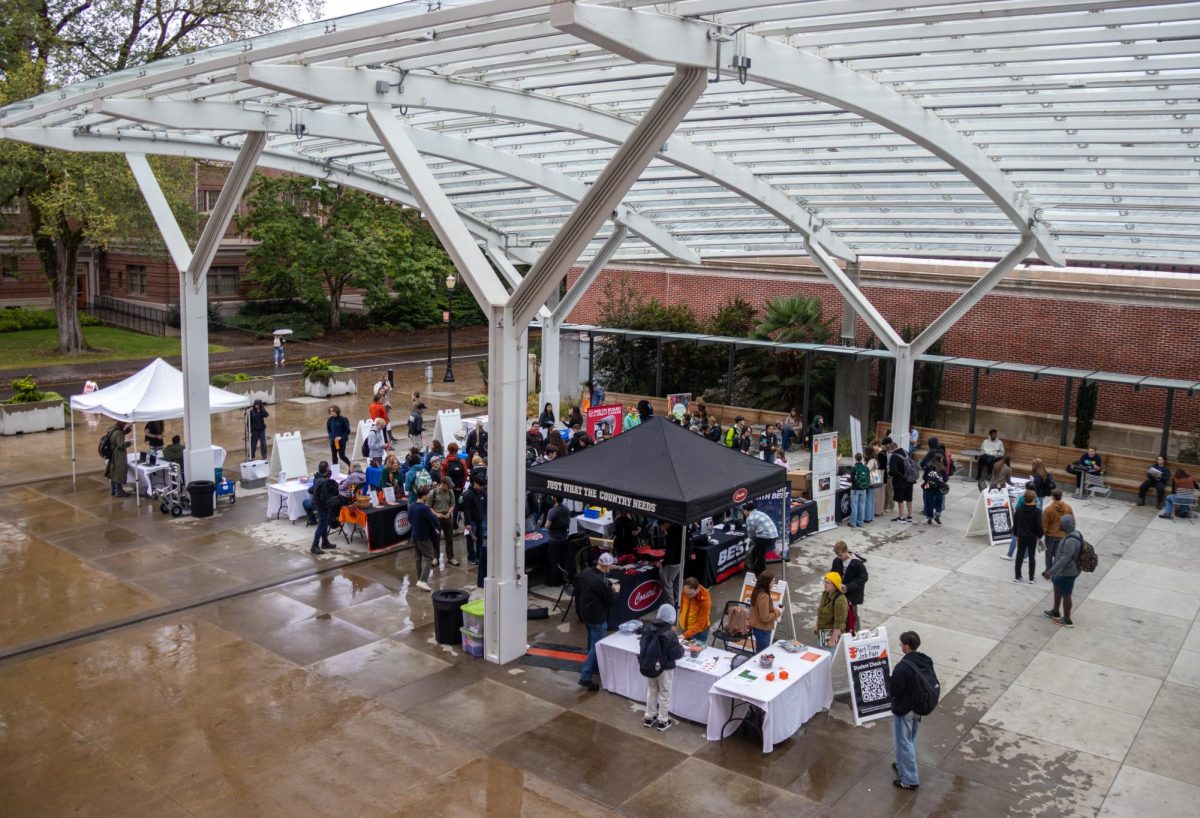

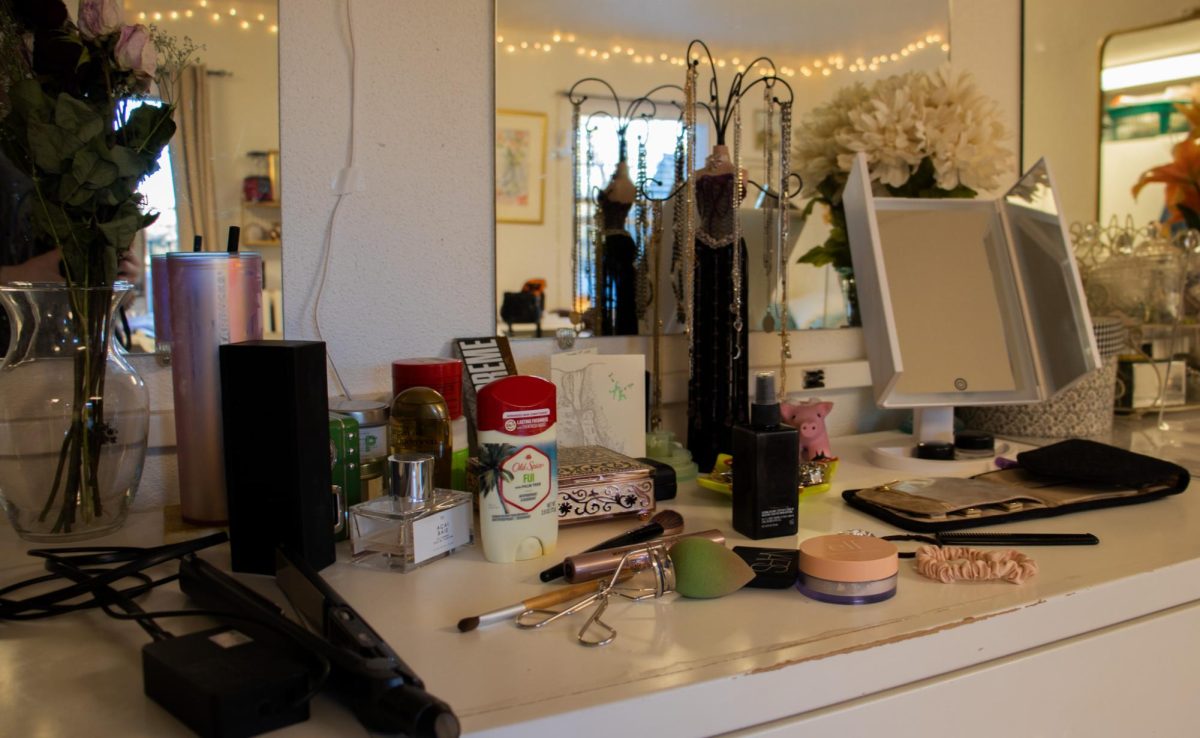




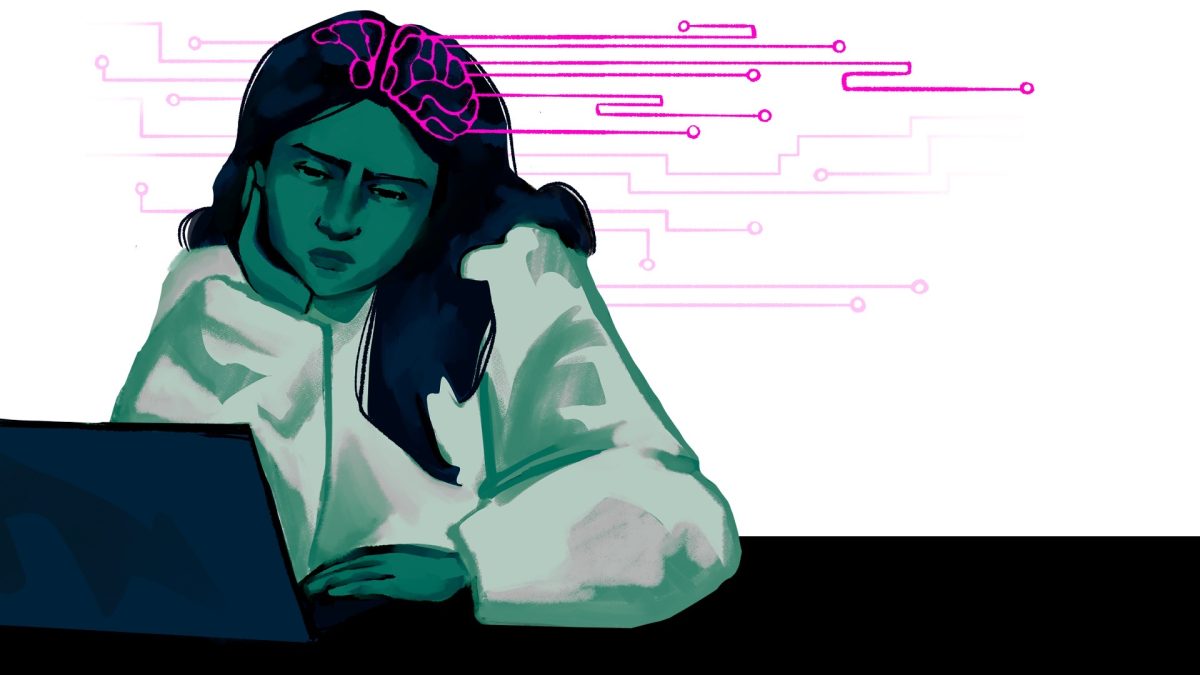
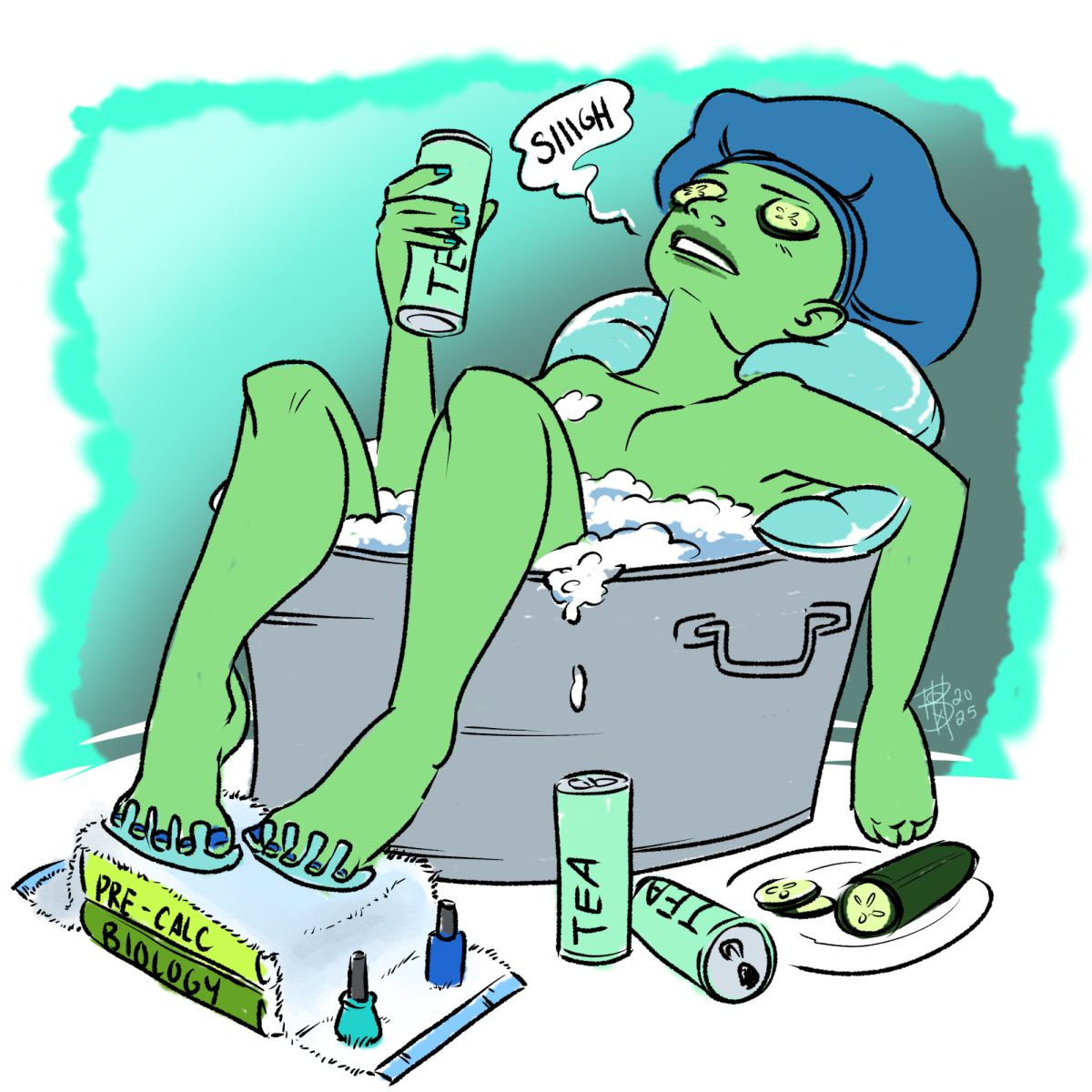

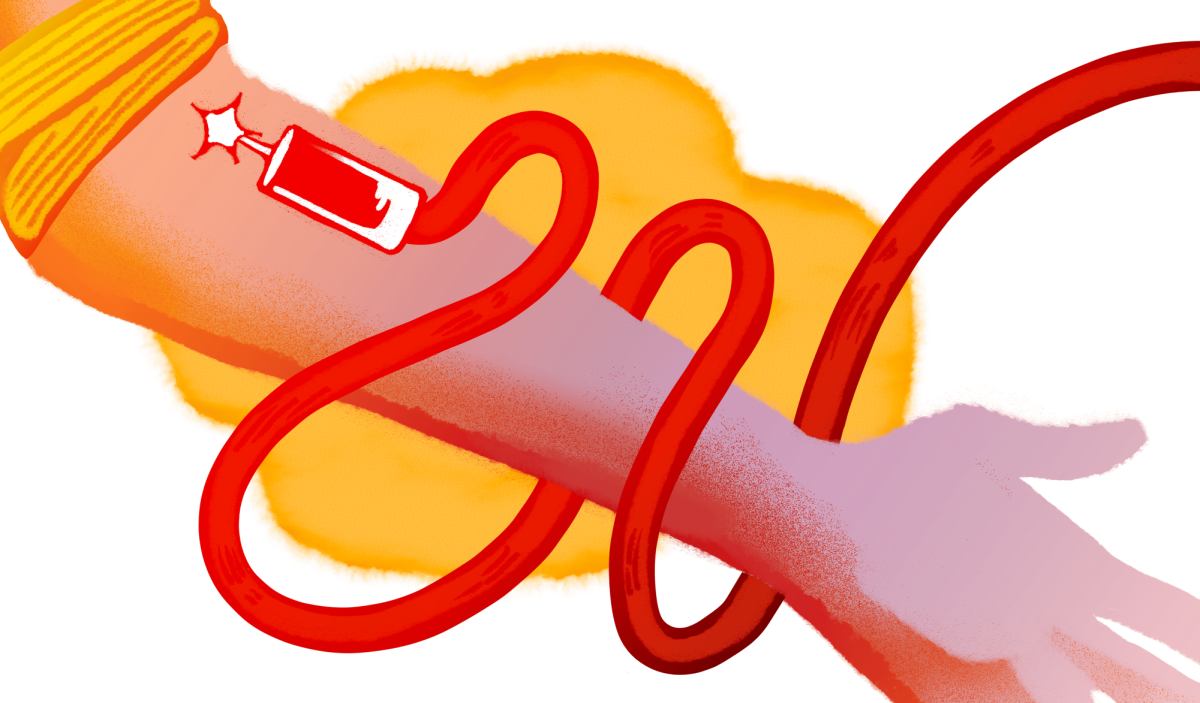
P Lusk • Aug 25, 2023 at 10:29 pm
Learning about the circadian rhythm was very useful information to me. Very informative article!